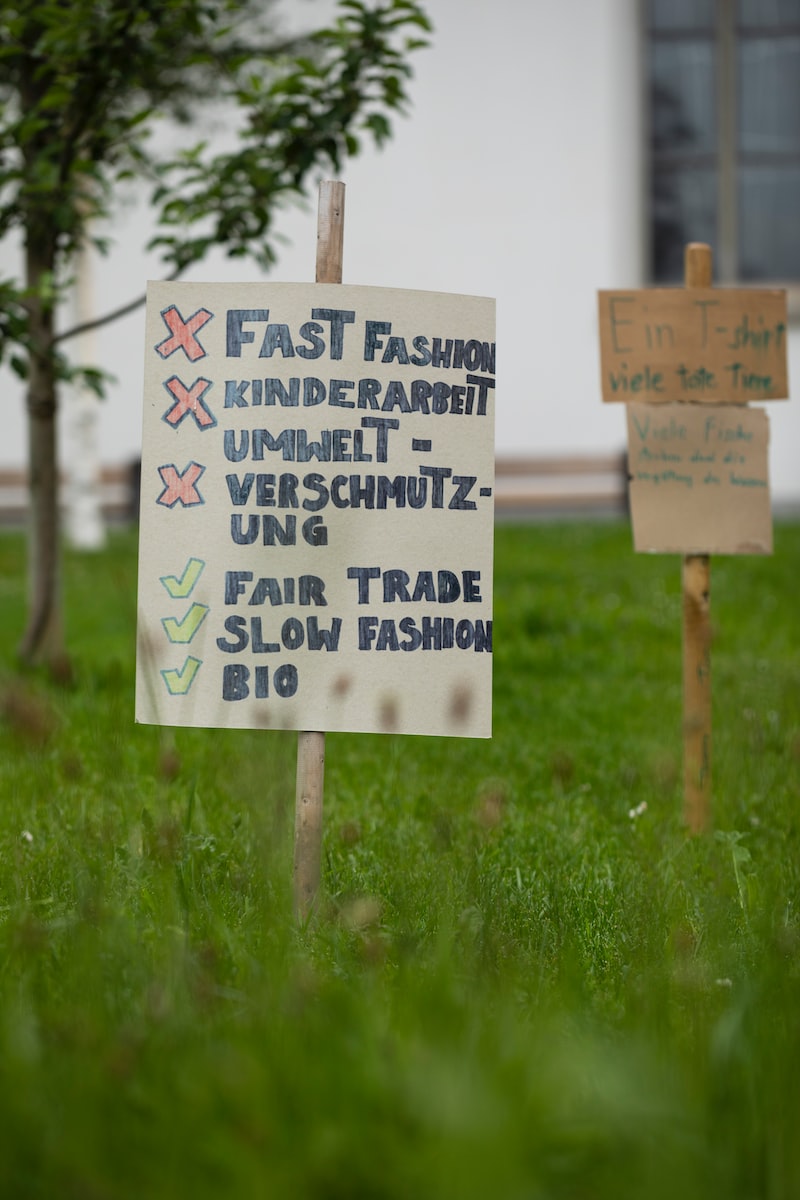Picture this: A workplace where your daily efforts contribute not only to your individual success but also to the well-being of the planet and society overall. What sounds like a utopian dream, is the daily reality of people pursuing a sustainable career. This post is your guide to navigating the landscape of careers in sustainability and gaining insights and actionable steps to help you find purpose in your professional journey.
Why Pursue A Career in Sustainability?
Choosing a sustainable career path is not merely a professional choice. Sustainable careers go beyond the conventional notions of job stability and financial success. Work suddenly becomes a commitment to shaping a better world and making a positive impact on the environment, society, and future generations to come.
What’s more, the field of sustainability is growing and professionals with expertise in sustainability become increasingly invaluable. On top of that, this field is at the forefront of innovation and new developments, always offering you the chance to learn something new and come up with fresh ideas.
Pursuing a career in sustainability can sound appealing. You might think you need to be an engineer, know how wind turbines work, or have studied climatology to understand the main impact of climate and how to predict it. And although we need these people to drive significant change, sustainable careers are by far not limited to them alone.
Rather, the opposite is true: sustainability careers are not limited to a specific industry or field. From figuring out ways to make supply chains more sustainable to climate change educators in companies, accountants that help NGOs apply for funding and marketers that work for sustainable businesses, helping promote sustainable alternatives. The possibilities to shape a better tomorrow as a living are close to endless. More on how you can explore sustainable career paths and how platforms like Jooble can help you in the next paragraph.
Navigating the Sustainable Career Landscape

Building the Foundation: Education and Skills
Getting a degree in sustainability is a big part of wrapping your head around what’s what in environmental sustainability and sustainable development. These people, such as environmental scientists and engineers, are at the forefront, conducting research and developing innovative solutions to address pressing environmental issues.
But here’s the twist – it’s not only about getting the degree. Depending on what career you want to pursue, you might just need to stack up on extra skills through special training or certifications. Some skills that will be important, no matter if you are the one conducting research or promoting a product, are the ability to communicate complex matters in an actionable and understandable way, statistical skills, and the willingness to do your research and dive deep into topics.
Embracing Continuous Learning
In a field driven by the pursuit of sustainability, continuous learning is not just a choice but a necessity. Great ways to stay updated on the latest developments are international journals, congresses, or the exchange of thoughts and ideas with others.
Exploring Career Paths
It’s probably clear by now, but there is no blueprint to follow when it comes to pursuing a professional career, especially not in such an upcoming field. Sustainable careers offer a multitude of paths, ranging from consulting firms to government agencies to the private sector and non-profits. And if you are already well into your professional life, consider the significant impact you can have on your business by promoting corporate social responsibility or waste reduction, to name just a few topics to introduce.
Platforms like Jooble.org can help you find impactful job opportunities that align with your passion and contribute to a more sustainable future. And to ensure you are spending your time in a meaningful way long-term, investing some hours into checking the companies you’re applying to is essential.
Overcoming Challenges: Mental Health and Well-Being
No doubt, diving into a sustainable career has some major perks, but let’s keep it real – there are some challenges, too. Working for a cause you’re passionate about is rewarding and makes it easy to get up in the morning, but it also means it makes it hard to go home at night. Burning for the cause you’re working for can all too often mean that boundaries get crossed, and work-life balance becomes more of an imbalance. Further, being confronted with climate news on a daily basis and hearing about the impact of our actions can make you feel hyper-aware of the responsibility and impact you have and lead to negative emotions and overly restrictive behavior towards yourself.
While we won’t trick you into working in sustainability by withholding information on the downsides, we want to also put emphasis on the fact that no career is perfect. No matter what path you choose for yourself, there will be obstacles in the way, but that’s no reason for giving up on your dream. It’s crucial to be mindful of potential stressors, potentially anticipating them, fostering a healthy work-life balance, and learning how to ask for help when needed. Only when your mental health and well-being are taken care of, you can be the best version of yourself and leave an even bigger impact.
Conclusion: Your Sustainable Career Awaits
As you contemplate your career goals, consider the positive impact you can make through a sustainable career. Beyond the conventional notions of success, sustainable careers offer a unique opportunity to leave a lasting legacy for future generations. Remember, your career is not just about what you do and how much money you make; it can also be about the impact you can have on people’s quality of life and the health of our planet.









